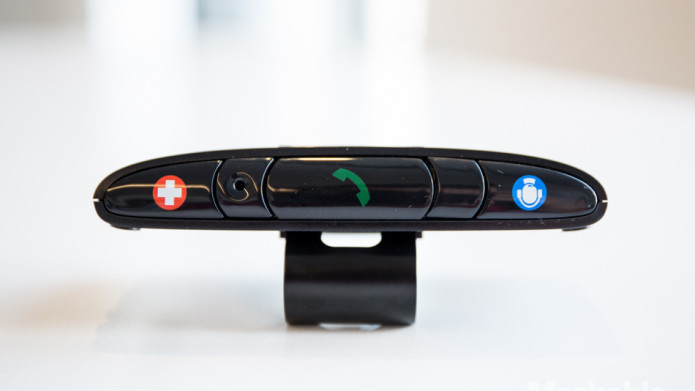You might be ready to make the jump to the Connected Age, but your car might not be. Unless you are one of the still elite few that have a GM OnStar-enabled car or any of those new models that have their Internet-connected systems, chances are you are simply left dreaming for the future. Just your luck, VerizonHub has just launched and its goal is to turn that old, incompatible metal carriage of yours into the car of the future. Or at least connect it to the Internet and your smartphone.

If that premise sounds familiar, it’s because Hum is just Verizon Vehiclerebranded. The carrier announced the endeavor early this year to corner the aftermarket market on connected car systems. Unlike the OnStar and its kind, Hum is something you can attach to any car that has an on-board diagnostic port or OBD-II. This connection allows it to gather information about the car, relay it to the cloud, and send back relevant actions or suggestions to your smartphone or the connected Bluetooth speaker.
The purpose of such systems, of course, is for the safety and for preventing mishaps. If it detects something wrong with the car, it can immediately analyze the situation, refer to an online troubleshooting pool of knowledge, and recommend to owners the best action to take. An in case it fails to do all that on its own, it will connect drivers to hotlines. In case of emergencies or accidents, Hum will try to call the owner’s number. If the owner fails to do so within an appropriate length of time, Hum will presume the worst and call for help. You can, of course, also hit that panic button on your own if you’re able to.

Verizon is hardly the first nor the only player in this still nascent aftermarket scene. Automatic has been going at it for almost two years now. On the other hand, Parrot, whose RNB6 was supposed to offer the same promise via an aftermarket Android Auto panel, backed out and decided instead to go with car makers instead.
Connected car systems are quite the hot topic lately and not always in a good way. Several demos and papers have proven how security on these systems can be compromised easily and with cheap DIY gadgets. And even without that threat, one also has to consider the privacy implications of this kind of technology, which is basically transmitting anything and everything it can about your car and your driving. Naturally, Verizon promises to behave.

Verizon Hum will cost $15 a month and will, surprisingly, work with any carrier.
(slashgear.com)


